
The IoT has the potential to revolutionize many industries, including manufacturing, healthcare, transportation, and energy.
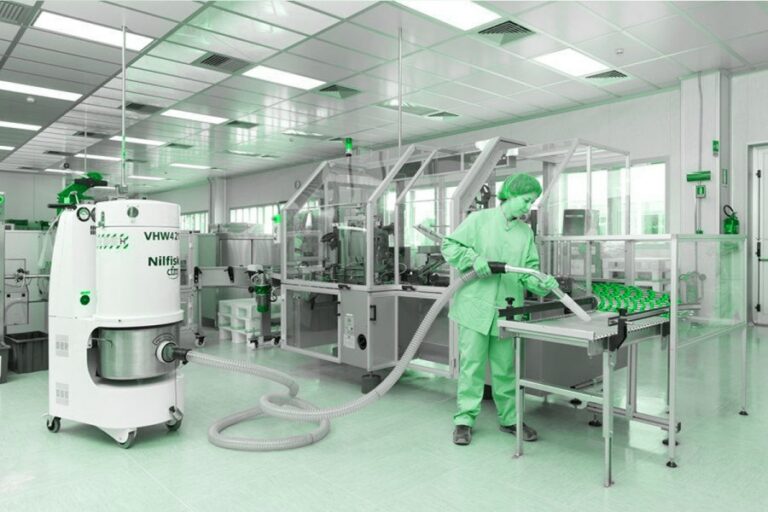
Cleanrooms are pivotal in maintaining impeccable conditions across critical industries. Explore their importance in semiconductor manufacturing, pharmaceuticals, aerospace, and healthcare.

Imagine yourself in a bustling restaurant kitchen, where the head chef represents the CPU orchestrating complex tasks, while a team of sous chefs embodies the parallel processing prowess of GPUs.

ChatGPT is a powerful tool that can be used to generate human-like text, answer questions, and complete requests. How does it do that magic?
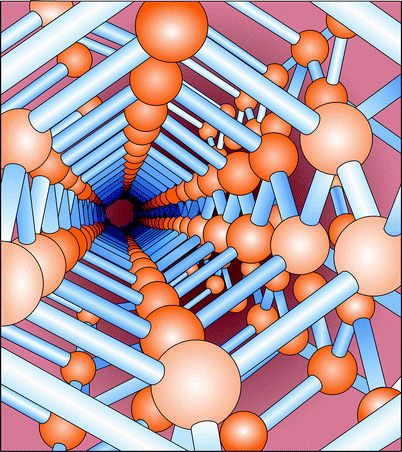
Doping is a complex process, but it is essential for the manufacturing of semiconductors.
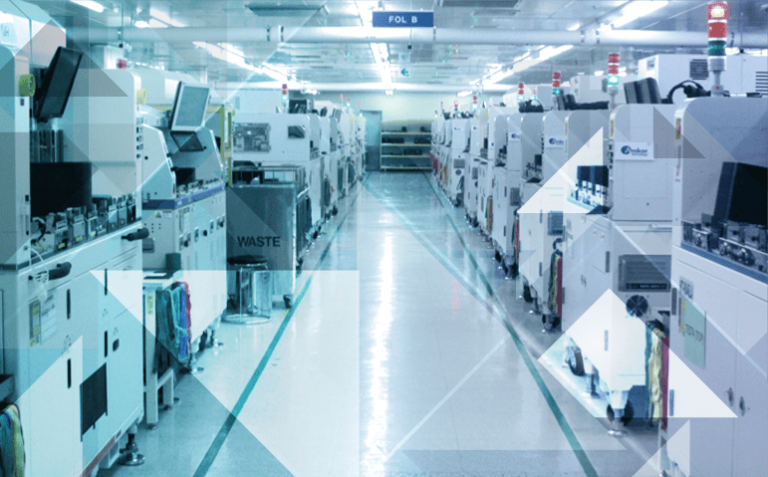
Imagine you're designing a new smartphone. You've developed the microchips that power the device, but those chips are still in the form of bare silicon wafers with multiple individual circuits.
These circuits need to be separated, packaged into protective casings, and rigorously tested to ensure they meet quality and performance standards.

The processor and memory are on one layer.
The sensors for heart rate monitoring, GPS, and motion detection are on another layer.
The battery is on yet another layer.
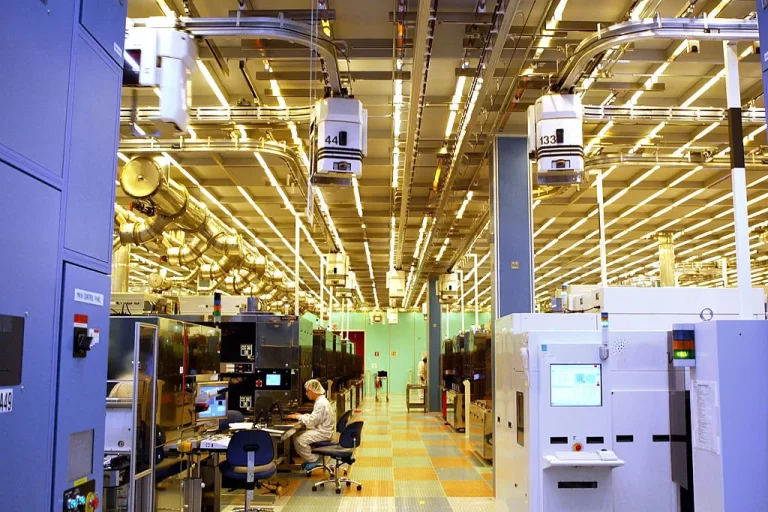
Semiconductor fabs play a crucial role in advancing technology by enabling the production of smaller, faster, and more efficient electronic components that power everything from smartphones and computers to automobiles and medical devices.
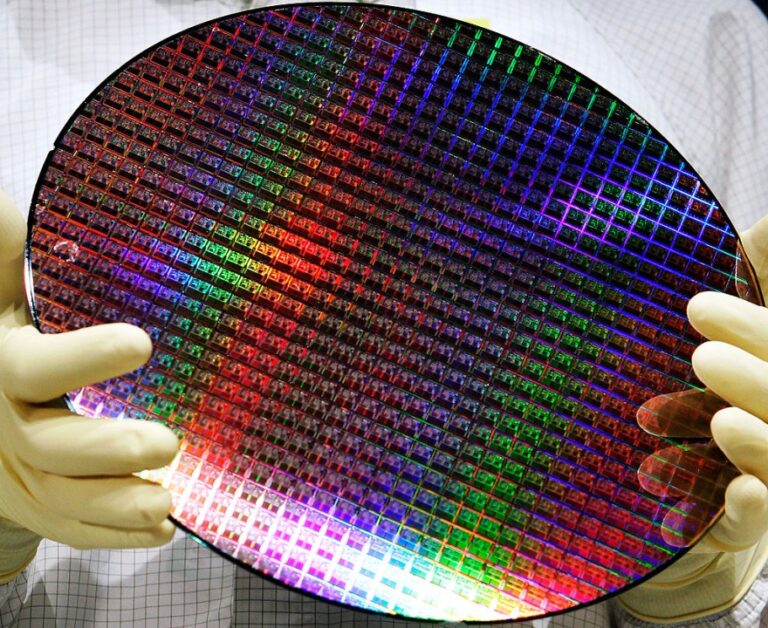
Just like traffic controllers managing the flow of vehicles through intricate cityscapes, semiconductors orchestrate the movement of electrons to create the magic of electronics.









